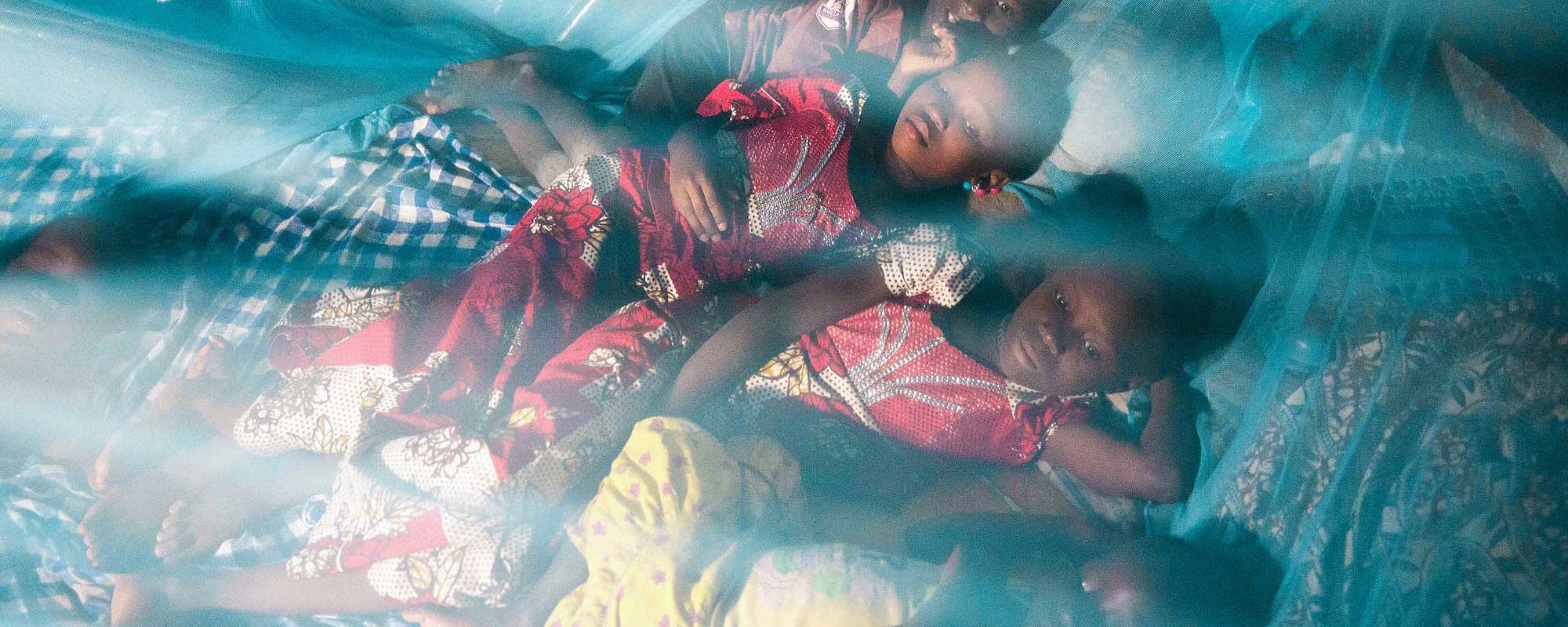

Niger: Fighting Malaria with Evidence and Innovation
More than 80% of malaria deaths in sub-Saharan Africa are in children under 5. The most effective tools to protect children from malaria are long-lasting insecticide-treated mosquito nets and seasonal malaria chemoprevention. However, growing resistance to the insecticides used to treat the nets, seasonal transmission that differs across regions, and ongoing insecurity make fighting malaria in Niger particularly complex.
To address these challenges, the Global Fund works in partnership with the Government of Niger, Catholic Relief Services, the U.S. President’s Malaria Initiative (PMI), WHO and others, investing in a mix of interventions that are proving successful.
Armed with new data on insecticide resistance across the country and innovative new nets treated with a combination of insecticides, the Global Fund and partners are changing the way we distribute nets to stay ahead of the malaria parasite as it adapts. The distribution of these new insecticide-treated nets – designed to fight insecticide resistance – through multiple channels is a key to making sure that families are protected with the latest innovations to keep their children safe.
Niger is also among a handful of countries in West and Central Africa to have nationwide seasonal transmission of malaria, which puts children under 5 at higher risk of contracting malaria during the peak transmission season. The Global Fund and partners’ investments help cover over 4 million children under 5 annually with seasonal malaria prophylaxis drugs, protecting them against the dangers of a malaria infection.







